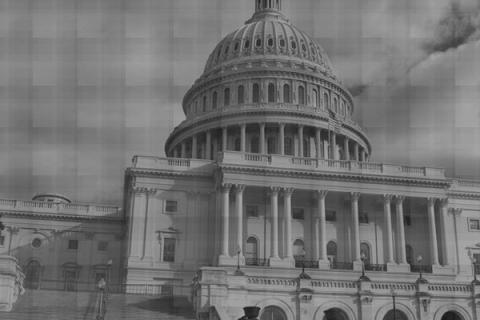Who could have ever predicted that California’s rosy assumptions of increased revenue would be cruelly smashed on the rocky reefs of reality? Certainly not California state leaders, that’s for sure. In what has become a depressingly routine ritual, California makes hugely optimistic estimates of future revenue in desperate attempts to get the budget to balance, only to discover a few months later that revenue is lowered than expected.
And now they’ve gone and done it again. Revenues for Feb. 2012 were 3.2% less than projected. March 2012 revenue was worse with a shortfall of 4.2%. I’m sure they’re all just gobsmacked by this unexpected turn of events. State Controller John Chiang,a competent person in a thankless job, tries to remain perky. He says that while revenue is indeed off, the coming three months will be the most crucial for tax collections. But California corporate income taxes were off 8.2% in March, a dire omen indeed. Plus, 65% of tax revenues have already been collected. Are we to expect that the final 35% will somehow make up for the shortfalls? I think not.
But wait, it gets worse. The Controller’s Office details just how bad the budget deficit is.
“The State ended last fiscal year with a cash deficit of $8.2 billion. The combined current-year cash deficit stands at $21.6 billion. Those deficits are being covered with $15.2 billion of internal borrowing (temporary loans from special funds) and $6.4 billion of external borrowing.”
Let that sink in. California is mostly keeping the lights on by borrowing money from itself. But that money has to be paid back to the special funds, which may now have their own shortfalls due to money being “borrowed” from them. This is somewhat akin to getting a cash advance on one credit card to pay off another card. It is highly risky and not a solution. It just keeps the plates in the air for a bit longer. This is also true for that $6.4 billion in external borrowing. Interest is being charged. California moving around money and borrowing billions (to mostly service its current debt and obligations) is neither prudent nor wise.
Sooner or later the pretend game of finding new revenue needs to end and real solutions have to be found.

